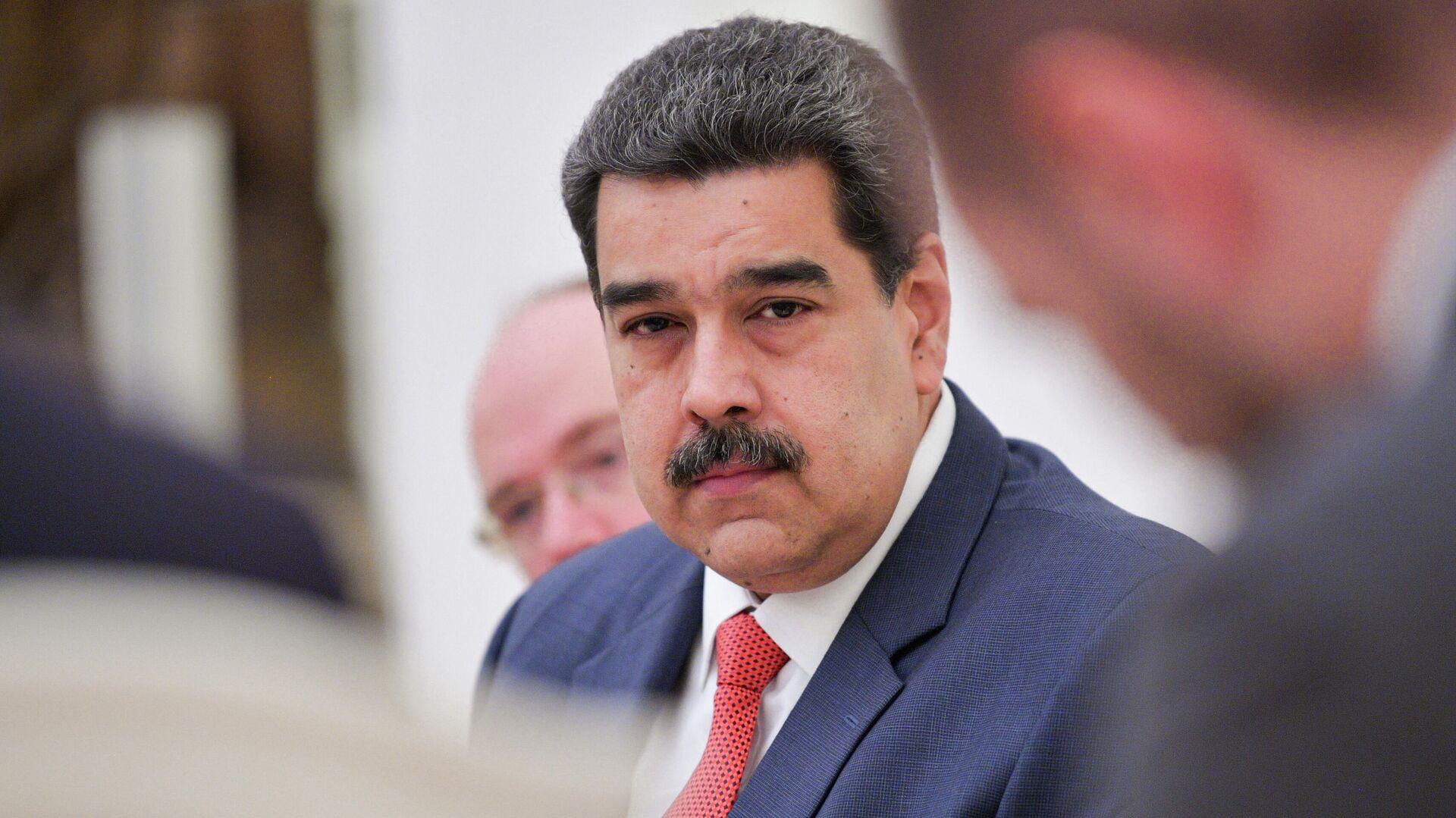Western Hemisphere and the leftist idea The noose tightens around Venezuela
The situation surrounding Venezuela remains tense. Today, news came out that the United States has officially added the Los Soles cartel to the list of Foreign Terrorist Organizations (FTO). Washington considers the Los Soles cartel to be involved in the illegal trafficking of drugs to the U.S., and claims that the group includes high-ranking members of Venezuela’s security forces. Its president, Nicolás Maduro, is accused of running the network.
Previously, Americans targeted Venezuelan vessels (according to Venezuelans—fishermen and migrants) headed toward the U.S. Now, the recognition of the cartel as a terrorist organization gives Washington even greater leeway. While U.S. law does not automatically allow the use of this designation as a justification for military action, this step at the very least increases pressure on Caracas. Under the sanctions, the assets of alleged members of the group in the U.S. have been frozen, and American citizens are prohibited from engaging in any transactions with it.
Against this backdrop, on November 23, Reuters reported that the U.S. is preparing to begin a new phase of operations against Venezuela in the coming days. According to sources, the administration of U.S. President Donald Trump is increasing pressure on Maduro’s government, exploring options for his removal. The publication notes that in informal discussions, Maduro indicated he was willing to grant American energy corporations access to Venezuela’s oil fields.
But is it only oil that interests the Americans? If that were the case, they would have welcomed Maduro’s offers without hesitation. Experts are even more puzzled by the argument citing the fight against drug trafficking. From this perspective, it would make more sense to focus on Colombia or Mexico. In this context, the influence of Secretary of State Marco Rubio—an American of Cuban descent, known for his sharply anti-socialist stance—is often mentioned. In other words, the primary motive appears to be political: the U.S. wants to eliminate a stable socialist project in Latin America. And, indeed, this seems plausible.

It should also be added that, in general, a country like the United States needs to keep its armed forces in operational condition, which requires periodically conducting military operations. Apparently, Venezuela was chosen as a relatively easy target. It should not be forgotten that, according to the Monroe Doctrine, the U.S. regards the Western Hemisphere as its exclusive sphere of influence. Secretary of War Peter Hegset put it even more bluntly: “The Western Hemisphere is America's neighborhood — and we will protect it.”
It is also possible that the deployment of U.S. forces in the Caribbean, in addition to pressuring Venezuela, aims to establish an active military presence in this part of the world—to preempt any hypothetical moves by its geopolitical rivals, namely China.
However, as commentators note, a ground operation in Venezuela would not be an easy task for the Americans. Moreover, any military action against the country—no matter how precise or hybrid—carries significant political risks in addition to the military ones. There is a high probability that it would lead to a rise in leftist sentiments across Latin America, their consolidation, and qualitative transformation. This, in turn, could become a real nightmare for the United States.








